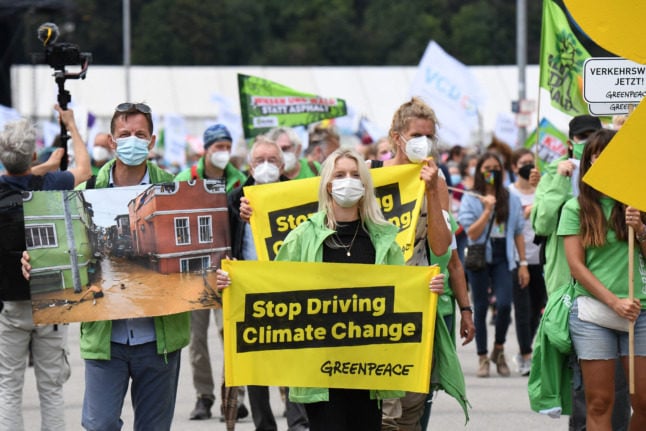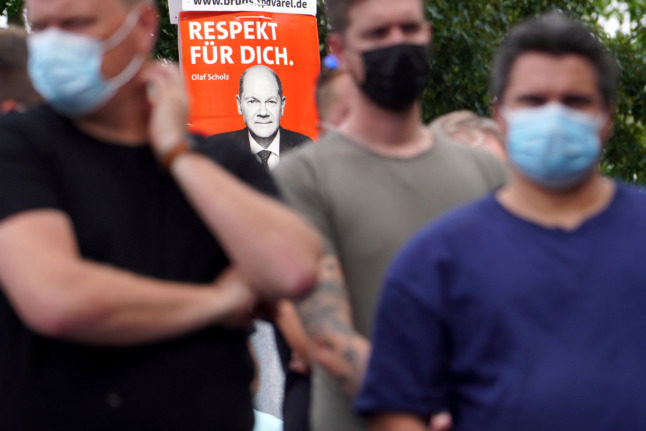In the run-up to a vote that will mark a seismic shift for Europe’s biggest economy, the race to replace Merkel is wide open — as is the question of what the next government will look like.
The Social Democrats (SPD) are currently leading in the polls, ahead of Merkel’s CDU-CSU conservative alliance in second place and the Greens in third.
Why is Merkel leaving?
Merkel, 67, announced that her current and fourth term in office would be “the last” in October 2018, when her CDU had just suffered an electoral setback in the state of Hesse.
The decision marks the first time since 1949 that an incumbent chancellor has not run for re-election.
Appointed chancellor for the first time on November 22nd, 2005, Merkel has been in office almost as long as Helmut Kohl, Germany’s longest-serving leader who was in power for just over 16 years (5,869 days).
She has already overtaken Konrad Adenauer, the chancellor credited with reviving the economy after World War II and who ruled West Germany for 14 years.
What do the Germans want?
The economy and the future of German industry have been important issues during the election campaign.
The country’s flagship car industry is facing an existential crisis precipitated by the decline of the combustion engine and its consequences for the 800,000 workers employed in the sector.
Digitalisation has also been a theme, though Germany is “badly behind” on this, according to Paul Maurice, a member of the Franco-German Studies Committee at the French Institute of International Relations.

Climate change has been a key issue in this election following catastrophic floods in western Germany. Photo: TOBIAS SCHWARZ / AFP
Climate change has also been an important topic, especially after deadly floods hit western Germany in July, killing more than 180 people – a disaster that experts have linked to global warming.
Nevertheless, says Maurice, the campaign has been “very (person) centred, with not enough talk of the parties’ programmes” — a phenomenon he suggest could be down to the “Merkel effect”.
What does the election mean for Europe?
As the most powerful country in Europe, Germany plays a key role in the European Union.
From the financial crisis in the eurozone to the conflict in Ukraine and the thorny issue of migration, Merkel has left deep footprints in European politics.
READ ALSO: An era ends: How will Germany and the world remember the Merkel years?
The arrival of a new chancellor will be a big change for the bloc – with the sometimes rocky but crucial Franco-German relationship keenly in focus, also because France goes to the polls in April 2022.
Once a new government is in place, Germany will be expected to bring some fresh momentum to the European Union, says Maurice.
What will happen after September 26?
Merkel cannot just go home and put her feet up as soon as the election is over, but will be expected to continue to run the country until her successor is elected by Germany’s lower house of parliament, the Bundestag.
Usually the party with the most votes will try to form a coalition with one or two other parties, which must then draw up a roadmap together for the future government in the form of a “coalition contract”.
READ ALSO:
- EXPLAINED: When exactly will Merkel leave office?
- Who will replace Angela Merkel as German chancellor?
First there will be informal talks, followed by actual coalition negotiations.
In 2005, the CDU-CSU and SPD took two months to form a so-called grand coalition. But after the September 2017 elections, negotiations lasted until February 2018.
The CDU-CSU first tried to reach an agreement with the Greens and the liberal FDP, but the liberals withdrew from the talks, forcing the conservatives to settle for another alliance with the SPD.



 Please whitelist us to continue reading.
Please whitelist us to continue reading.
Member comments